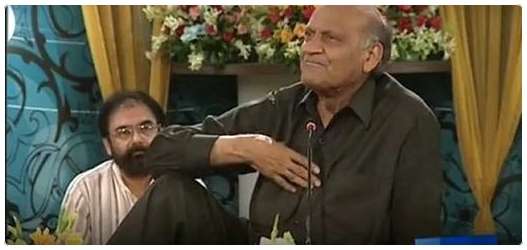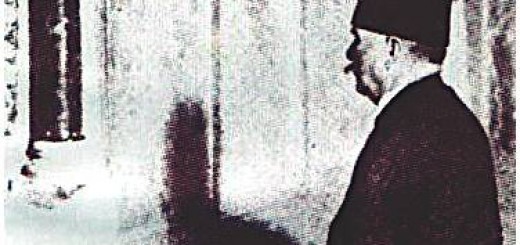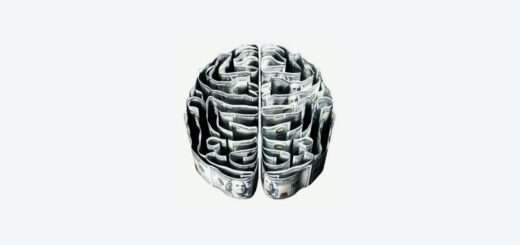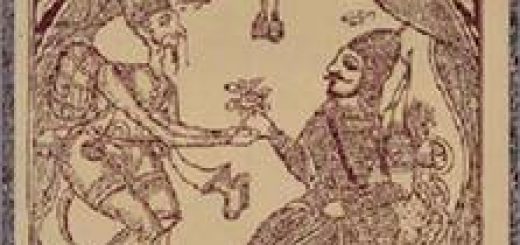Ambri (Mother) A Poem by Anwar Masood – By Asif Naqshbandi
The poem highlights many things which are a part of rural Punjabi culture, especially the spoilt upbringing of male children, in particular, and the unconditional love which mothers have for their children.
Translated & Transliterated from the Punjabi by Asif J Naqshbandi
Dramatis personae:
Munshi ji (a school teacher); Akram (a schoolboy); Bashir (his friend and class-fellow); Akram’s mother.
The background to the poem: As a school teacher in the Punjab, one day, Munshi ji (Anwar Masood himself) had a student, Bashir, who arrived at school late and the teacher asked him why he was so late. The poem forms Bashir’s reply. According to Anwar Masood this is a true story and happened to him when he used to be a teacher and he got inspired to write it as a poem whilst he was at Pindi Gate one night in Rawalpindi. He says the poem came fully-formed to him in both form and content although it took him ten years to put pen to paper. This is the poem with my Punjabi transliteration and line-by-line translation. I chose to attempt this translation because Punjabi is my mother-tongue and also because hearing this for the first time, recited by the author, Anwar Masood, himself made me cry. (I have included the Youtube link to Masood’s recital at the end). The poem highlights many things which are a part of rural Punjabi culture, especially the spoilt upbringing of male children, in particular, and the unconditional love which mothers have for their children. The imagery is vivid and recalls village sights and sounds too. I hope you enjoy it as I think it is one of the great poems of modern Punjabi literature.
Ambri
Munshi Ji: Aj baRee dair naal aaya’ehn oh Bashiriya
Oh eh tera pinD eh te naal ee sakool eh
te jaainga tu mere kolooN haddiyaaN panaa keh
aayaa’en tuN aj dovain TalliyaaN kasaa kay!
Bashir: Munshi ji, meri ik gal pehlaaN sun lo
Akram ne nair jyaa nair aj paaya je
Maii nu eh maardeh the baRa Daada maar deh
aj iss paiRkey ne hadd payee mukaayee eh
UnooN maar maar kay madaani pann saTTee soo
banday kaThay hoye te uthhoN paj vajjay eh
Chukk kay kitaabaaN tay sakool val nassay eh
Maii ehdee Munshi ji kaar saaDay aayee sii
Munh utthe neel san, sujjah hoiya hath sii
akkhaN vich athroo te bullaaN vich ratt sii
Kehn lagee, “Sohniya, vey puttar Bashiriya,
Mera ik kamm vee tu kaReeN aj heeriya
Roti mere Akram dee lay jaa madarsay
Aj fir Tur gyaa’ee mere nal russ kay
Kyoh vich gunn kay paraThay uss’ch pakkay ne
Reej nal rinniya soh andiyaaN da halvah.”
Paunay vichh bann kay te mere hath dittii soo
Ayyo gal aakhdee see murr murr Munshi ji:
“Chetee naal jaaiN beeba, deriyaaN naa laayeeN beeba
Ohdiyaan te loosdiyaaN hauN diyaaN aanDraaN
Pukkhaa paana aj oh schooley Tur gyaa eh.”
Roti ohnay dittii main pajja lagha aaya je
Akram ne nair jyaa nair aj paaya je!
Mother
Munshi Ji:
Oh Bashir! You are very late today!
Here is your village and right next door is the school!
You will force me to break your bones-
Today you’ve arrived after the second bell!
Bashir:
Sir, please listen to what I say first
Today Akram has done a dastardly deed indeed:
He beats his mother and beats her terribly;
Today this scoundrel crossed all limits
Beating her so much that he broke the churning-stick!
When people gathered, he scampered from there,
Picked up his books and ran to the School.
Sir, his mother came to our house
With bruises on her face, a swollen hand,
Tears in her eyes and bloodied lips.
She said, “O’ my dear lad Bashir
Do me a favour today my little gem
Take my Akram’s packed-lunch to the school
He has again left after being cross with me
There are parathas cooked in pure ghee inside
And halwa made from eggs, cooked with love.”
She wrapped it in muslin-cloth and handed it to me
Whilst repeating these words, Sir, again and again:
“Go quickly, darling, do not take too long, darling.
He must be starving by now
He left for school on an empty stomach today!”
She gave me the lunch and I ran as fast as I could
Akram today has done a dastardly deed indeed.














